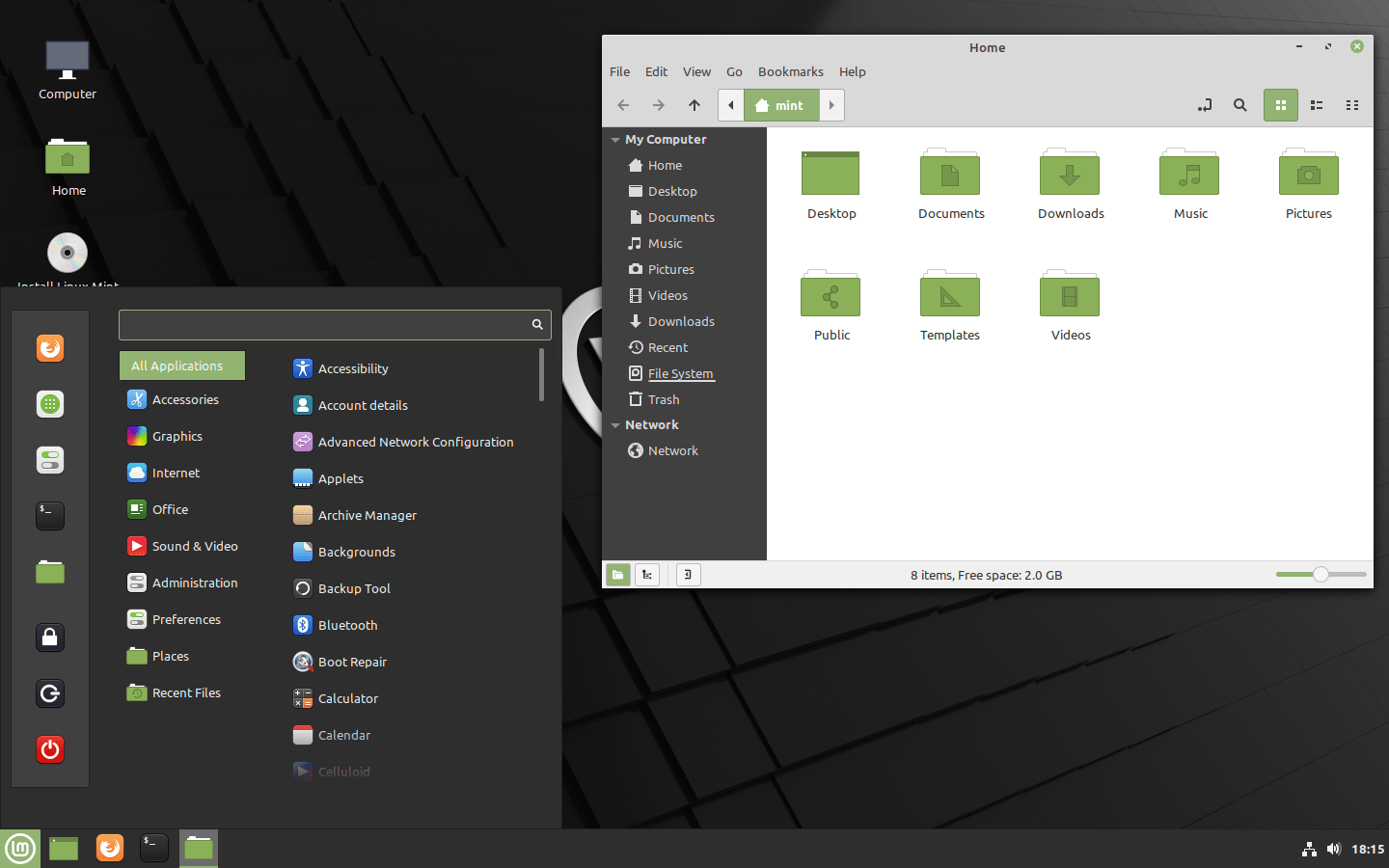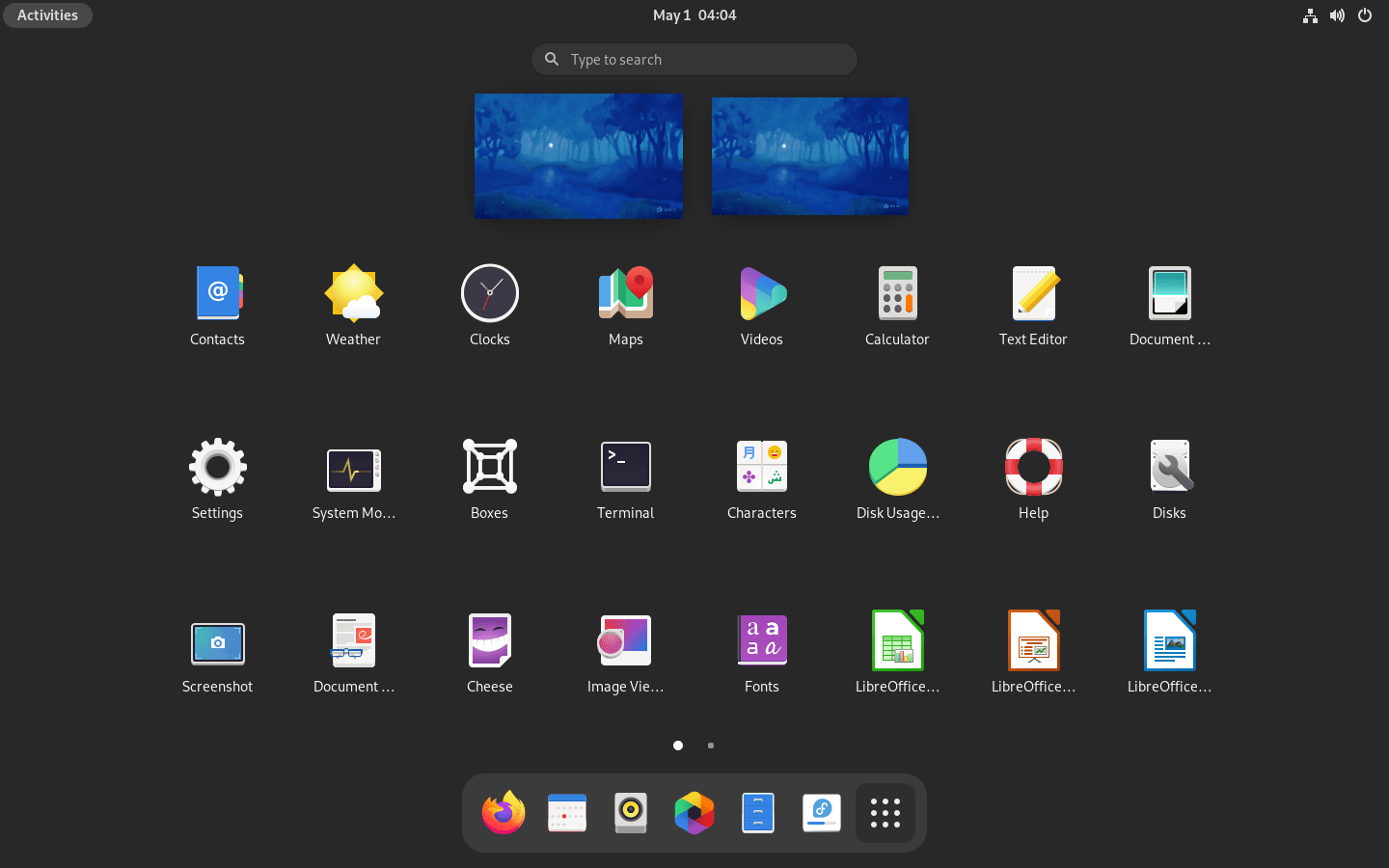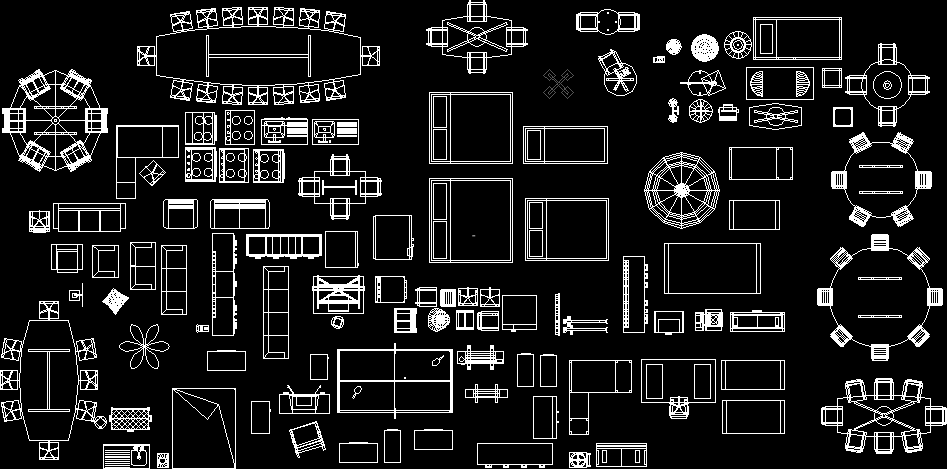

- LINUX FILE SYSTEMS FOR WINDOWS FREE INSTALL
- LINUX FILE SYSTEMS FOR WINDOWS FREE FULL
- LINUX FILE SYSTEMS FOR WINDOWS FREE DOWNLOAD
LINUX FILE SYSTEMS FOR WINDOWS FREE FULL
Its full offline installer standalone setup of Paragon Linux File Systems for Windows.Paragon Linux File Systems for Windows OverviewParagon Linux File Systems for Windows is an impressive and specialized application that is very useful to all the users who need to manage their ExtFS partitions from Windows rather than Linux.
LINUX FILE SYSTEMS FOR WINDOWS FREE DOWNLOAD
Just remember: When cleaning out a system (whether to make room or just get rid of unnecessary/unwanted remnants), always use caution - especially when dealing with libraries, dependencies, and anything that requires root permission.Paragon Linux File Systems for Windows Free Download Paragon Linux File Systems for Windows Free Download. But the above selection should keep your system clean and free fairly easily. There are plenty more cleaning tools for Linux out there. The good news? If it does totally fubar your GNOME desktop, you can always remove the GNOME configuration directory and start over fresh. Although I’ve never had a problem using this tool, it could possibly remove a necessary GNOME configuration. This is a GUI tool (as you might expect) and should be used with caution (as you would a Windows registry cleaner). It’s quite simple to use, and depending upon how old your desktop is, it will find quite a lot of entries that can be removed. This tool goes through the Gconf database (Gconf Registry - configuration database for GNOME) and removes unused and obsolete entries. Gconf-Cleaner is a tool that could be compared to a Windows registry cleaner. –chroots - Do not perform validity checks on symlinks under these directories There are a number of options available, including: It gathers most of its results from the dpkg database, as well as a list of “extra files” that appear during the lifetime of various package installations and removals. 4: CruftĬruft is a command-line tool that will look through your system and remove anything that shouldn’t be there. As with any application that removes libraries, use caution when deleting anything that might still be necessary. Depending on how much has been orphaned, this tool can clear up quite a bit of space. GtkOrphan is the graphical front end to deborphan and will scan and remove from your system orphaned libraries.
LINUX FILE SYSTEMS FOR WINDOWS FREE INSTALL
Mostly like, GtkOrphan isn’t installed, so you’ll need to install it (either from Synaptic or from the command line). GtkOrphan lets you easily remove orphaned packages from your Debian system. BleachBit is quite a bit more powerful than some of the other tools and should be used with caution. You can also dictate which drives or directories BleachBit cleans and even get a preview of what it will do before any action is taken. Instead of just picking files or file types, you go through a tree and select types from app and system listings.

BleachBit has an outstanding GUI that allows you to easily choose what you want it to clean. BleachBit will free various caches, delete cookies, clear Internet history, shred temporary files, delete logs, and discard various types of junk you probably weren’t even aware was on your system.

It’s available for both Linux and Windows. 2: BleachBitīleachBit is a handy tool that will clean up disk space as well as guard your privacy. Now, select the config files you want to remove in the upper-right pane and click Apply to remove them. Next, click on the Residual Config listing in the upper-left pane. Just click on the Status button (in the bottom-left corner). These files are usually dependency packages left behind when you uninstall a package from your machine. There is a feature within Synaptic (it’s actually built into apt and many other package managers as well) that allows you to get rid of residual configuration files. Regardless, each of these tools will help you keep your Linux file system clean. Some you may have heard of, some are functions within tools you already know, and some are just plain obscure. Believe it or not, they do exist, and I want to introduce you to them. What you haven’t heard of nearly as much are tools to help clean up the Linux file system. You’ve heard all about the Windows cleaning tools - on every level. In honor of National Clean up Your Computer month, here some top picks for Linux system cleaners. The five best Linux file system cleaning tools


 0 kommentar(er)
0 kommentar(er)
